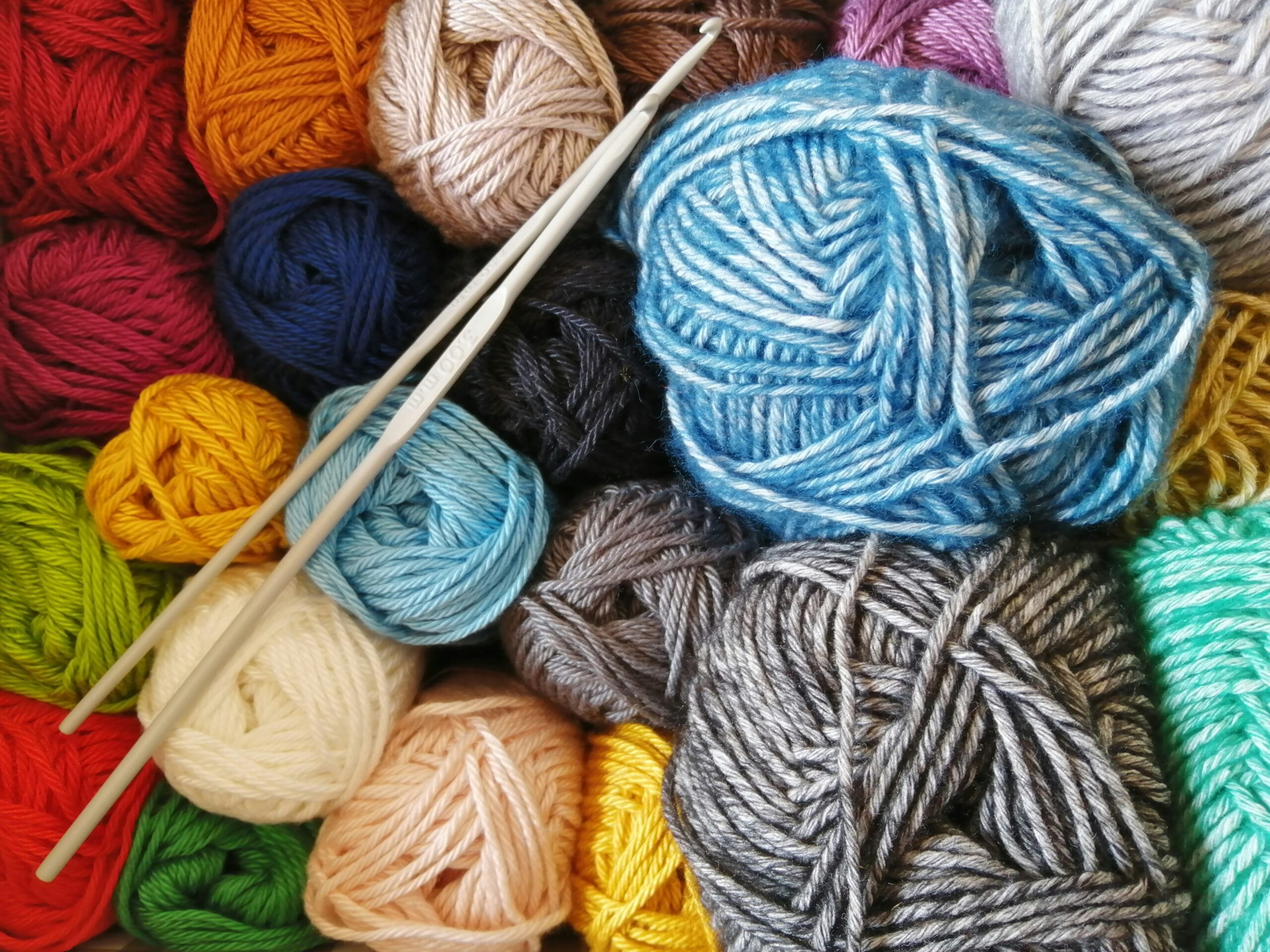Bloggers and influencers are often portrayed negatively on the media. The world thought we are just a bunch of celebrity-wannabes who enjoy getting brand sponsorship deals and going for prestigious events. However, what many do not know are the challenges and struggles that we bloggers have to go through.

It takes us an incredulous amount of effort to write a blog post, shoot a video and edit a photo. The number of hours that go behind creating engaging content for our audiences and readers can be staggering. In addition, to keep up with Google and Facebook’s ever-changing algorithms, we had to strive to keep our content relevant and unique. I would say that it is akin to running a business. And people are slowing recognising content creation as a profession. But we do not always get treated professionally with respect.
Having been in this media industry for almost 10 years now, I’ve worked with many companies through PR agencies to create content. It’s never always a smooth sailing journey as I often encounter ‘bumps’ every now and then when communicating with PR or clients. We often have to liaise directly with PR agencies, who on our behalf, would communicate with the clients. As bloggers, we hardly had direct communications with the brands themselves. And the brands themselves are often not in the loop of how these PR agencies are interacting with the media.
The Good and Bad PR

Through my interactions with PR and marketing executives, I’ve encountered both positive and negative experiences. They are mostly positive experiences but there are some really negative ones.
The skilled and experiences PRs are great with words and treated every media with equal respect. They are the ones who understand the importance of establishing good strategic relationships with the media. Working with them was a breeze and I would often write in to thank them personally for their professionalism.
On the other hand, there are some PRs who are judgemental, bias and do not value the importance of establishing good relationships with the media. They somehow do not see themselves as representative of the brand. And the clients they are working for seem clueless about this.
Through this article, I hope to portray the challenges and struggles that we bloggers have to go through when dealing with PR agencies and brands. I also hope that companies would also have a better understanding of why PR agencies play a crucial role and why they should be more uptight and careful about the PR agencies they are partnering with.
With that, here are 5 things I wish PR agencies and brand companies knew when it comes to working with bloggers and influencers in particular.
1. It is not obligatory for bloggers to post their reviews or content for brands unless it is a paid assignment.

During media events or tasting sessions, some PRs would reveal how some bloggers are freeloaders. It may seem unprofessional that some influencers would go ‘missing in action’ after receiving a product/service sponsorship. However, PR agencies and their clients should be made known that it is not obligatory for influencers to post a review unless it is a paid advertorial, or a media barter agreement has been made earlier on. Do companies really think that bloggers would work on a media barter by default?
It is the same that goes for established media companies who have the choice to decide what products or services to be featured. I am glad that some companies are aware of such media ethics. That’s because you can’t expect an influencer to do an Instagram post in exchange for your two tubs of ice cream. If you sent the two same tubs of ice cream to Vogue office, they might not even taste or let alone feature it.
Thus, if you like to generate publicity through influencers, it is only fair to do a paid advertorial with them or state the terms and agreement of the type of product/service sponsorship your company is offering.
2. Bloggers and influencers should be recognised for their work and professionalism.

Some of the bloggers and influencers who started years ago have since moved on to start their own media-related businesses. Our roles and responsibilities are similar to the job of a social media manager or even a PR communications executive. The only difference is that we don’t receive a fixed salary from bosses. Some of us have a day job so we do not depend on this to generate us income. Thus some of us may not take this seriously since this is not our main rice bowl. But I am very sure that most of us who are in this line have dreamt of leaving our day jobs and be full-time bloggers. So, bloggers, like myself, do treat every collaboration and partnership very seriously.
3. Socializing with the media is key to establish good relationships.

It really turns me off when I go for food tastings and the whole PR team gets together in one corner and dine by themselves. Hosting the media is part of a PR’s job scope so it doesn’t seem really professional if they did not make the effort to interact with the media and share more about their client’s products or services.
Once, I even had an experience when this particular restaurant ran out of dishes to serve the media during a major food tasting event because they over invited some guests. We had only two small plates of barbecued meat and that’s it. When we asked their PR if we could order more from the menu, they said that we can’t unless we decided to pay for them. So we left and I did not bother getting back to them with a review thereafter.
There are also a couple more occasions when I received a last-minute email from PR agencies stating that they have over invited too many guests so they have to cancel my RSVP. Is this a joke? If you would like me to write a positive review of your client’s brand, please don’t invite a mass number of influencers and then reject the other media whom you think are the small fry. It is a very unprofessional way of dealing with the media and it reflects poorly on the brand.
To be honest, there is no such thing as a ‘small fry’ when it comes to social media. With social media, everyone has the power and freedom to express. A non-influencer can write a poor review on Facebook and cause a stir. What’s more, if he or she is a blogger? You can just never underestimate the power of social media.
4. Since the PR agencies are supposed to be representing their client’s company, should they make the effort to learn more about the brand?
I understand if the PR team doesn’t know everything about the brand or clients they are working with. But if the media has a question or enquiry, it is only right of them to approach the clients to ask and get back to the media with a response. More than often, it appears not to be so.
I’ve encountered PRs (especially the young and inexperienced ones) who are totally clueless about the client they are working for and could not answer the questions posed by the media. Some did not bother to revert back to me.
On the other hand, I’ve met really dedicated PRs who took the time to seek clarifications with their clients and revert back to me. They care genuinely about the brand’s public image and are willing to support the media to the best of his or her ability.
5. Do not judge bloggers or influencers with a small following.

I may have less than 1,000 followers on Instagram but I have an established blog. And some of the companies have written emails to personally thank me for sharing about their brand story and how my articles have garnered them more customers. People who read my blog also left comments and personally reach out to me to ask for my advice or opinions.
Yet, even with my press accolades, I often get judged by the small following I have. “Oh, sorry. Our clients only invite influencers who has over 5,000 followers.” Do you mean influencers with over 5,000 fake followers? I can assure you that 90% of those influencers I’ve met personally have Instagram accounts which utilised inorganic ways to gain followers. In what way are they truly influential or good at generating engaging content? This is one of the reasons why I deleted my Instagram and started all over to prove that one thing – I’m able to impact the world without having to be pressured by the number of followers or likes I have.
There are bound to be rotten eggs in a basket of eggs.
These are just some of the things which I have been hoping to get them off my chest for the longest time. I’m pointing fingers at any particular PR agencies as most of them are generally very cordial and professional. And I’m thankful that some really went all out to speak positively on behalf of us bloggers and influencers. There will always be some rotten eggs among the huge basket of good eggs, huh? I also had to admit that it is also not entirely easy to deal with the media.
Who knows, maybe I will write a blog post to help bloggers work with brands and PR agencies?





